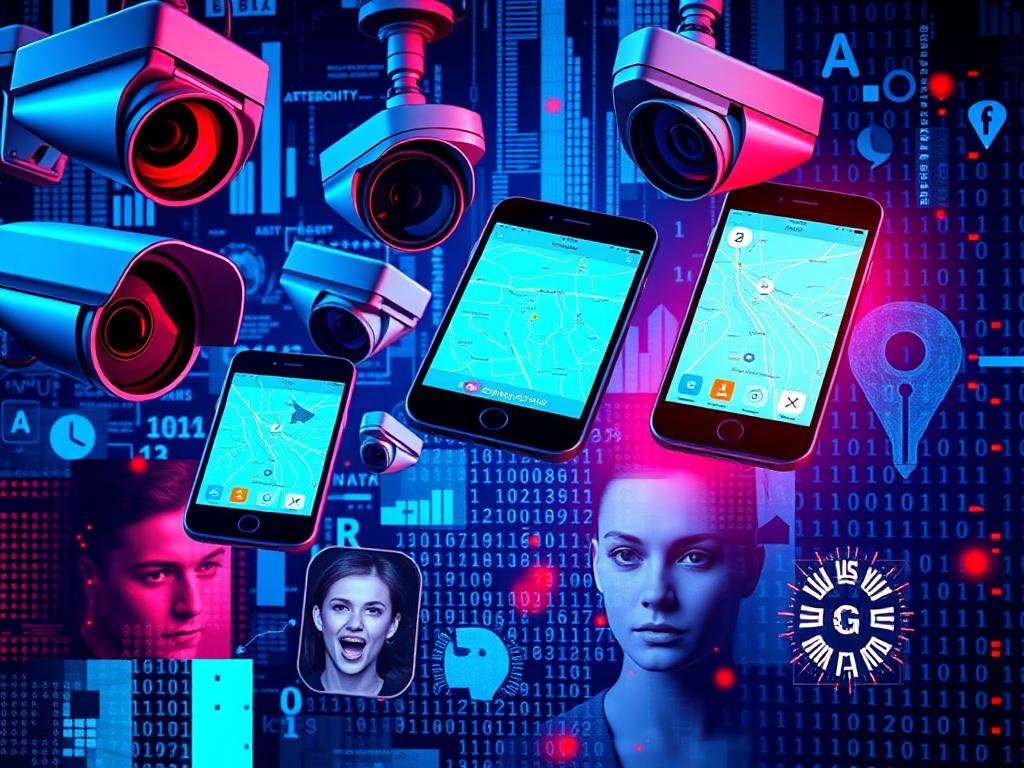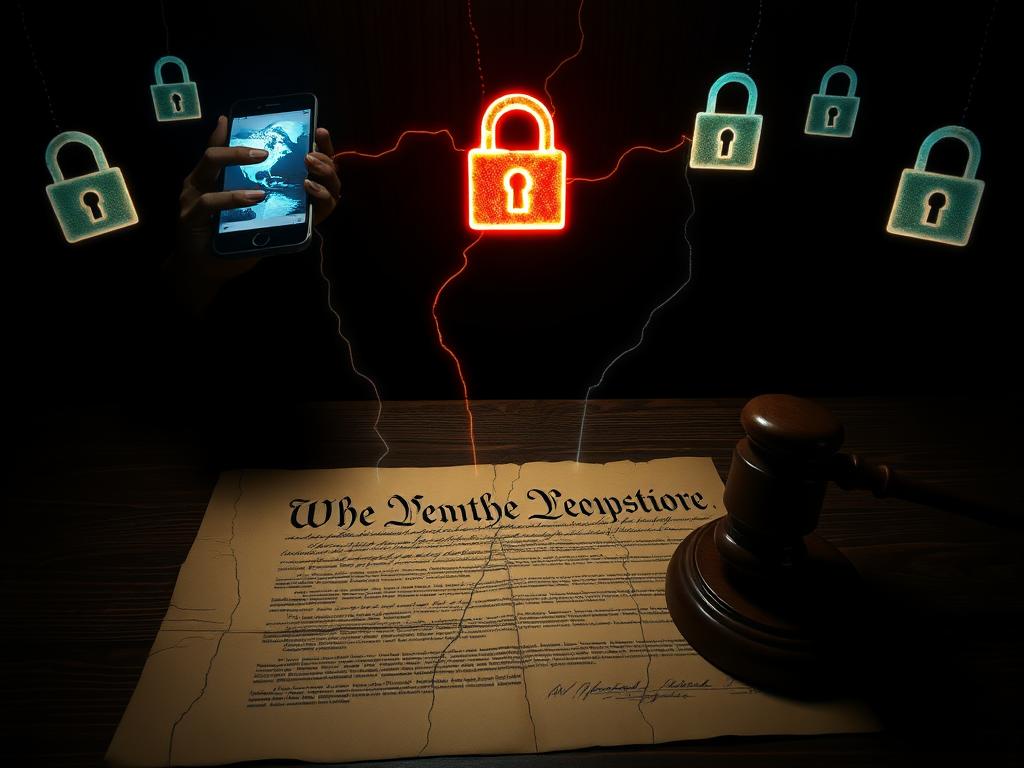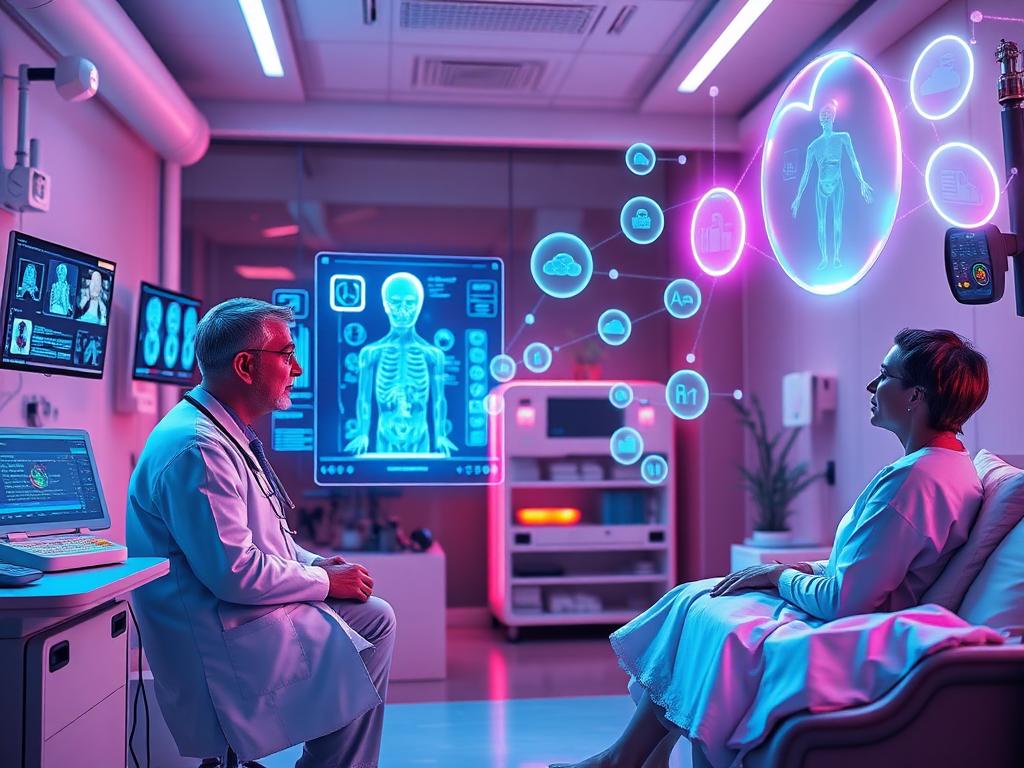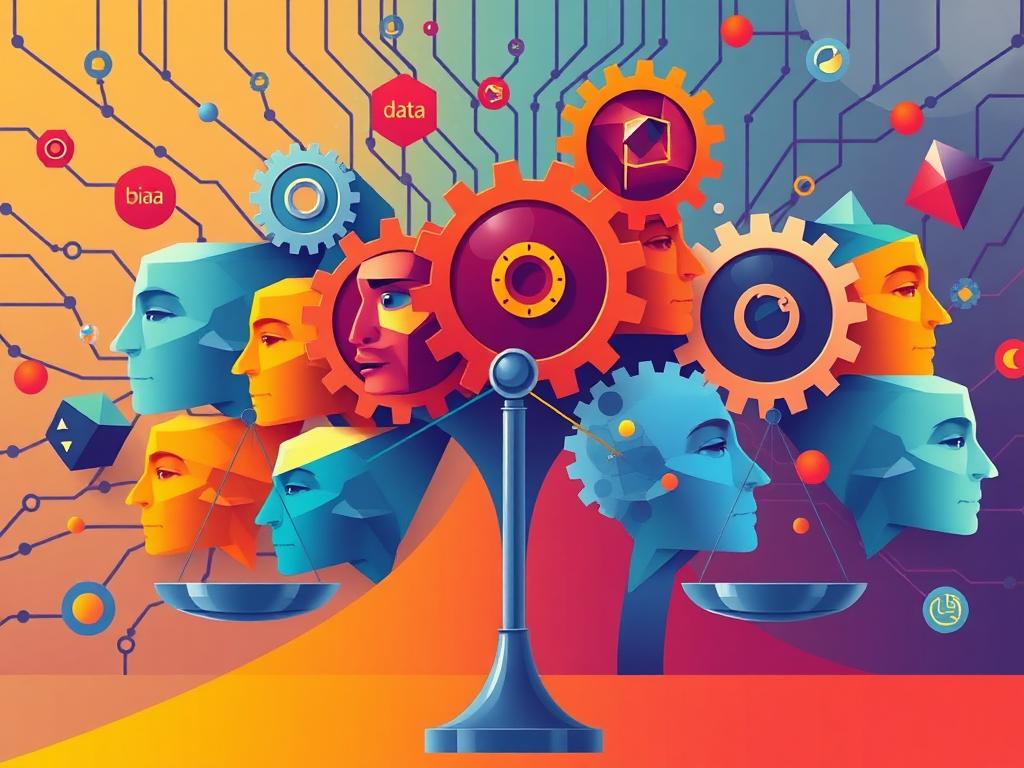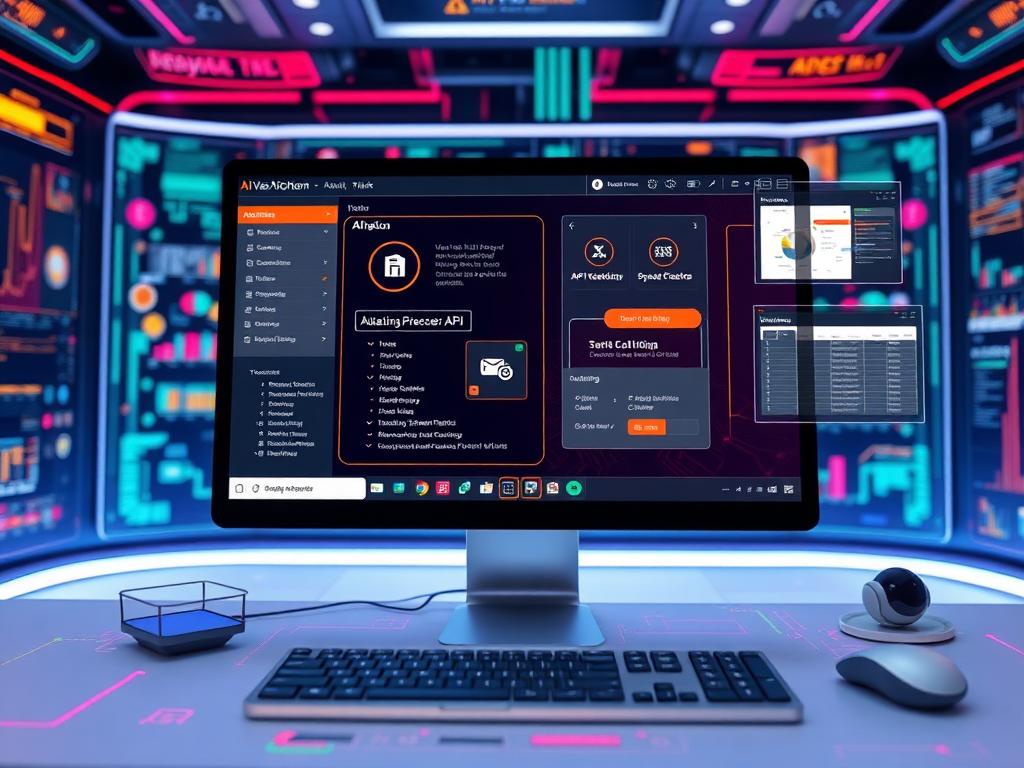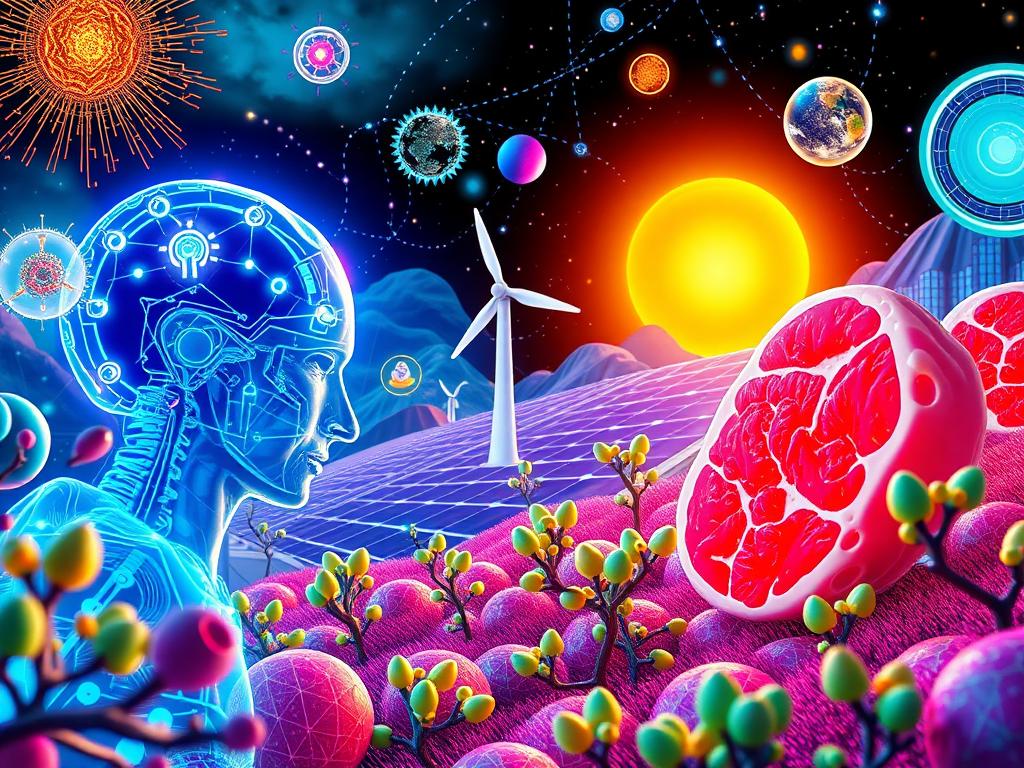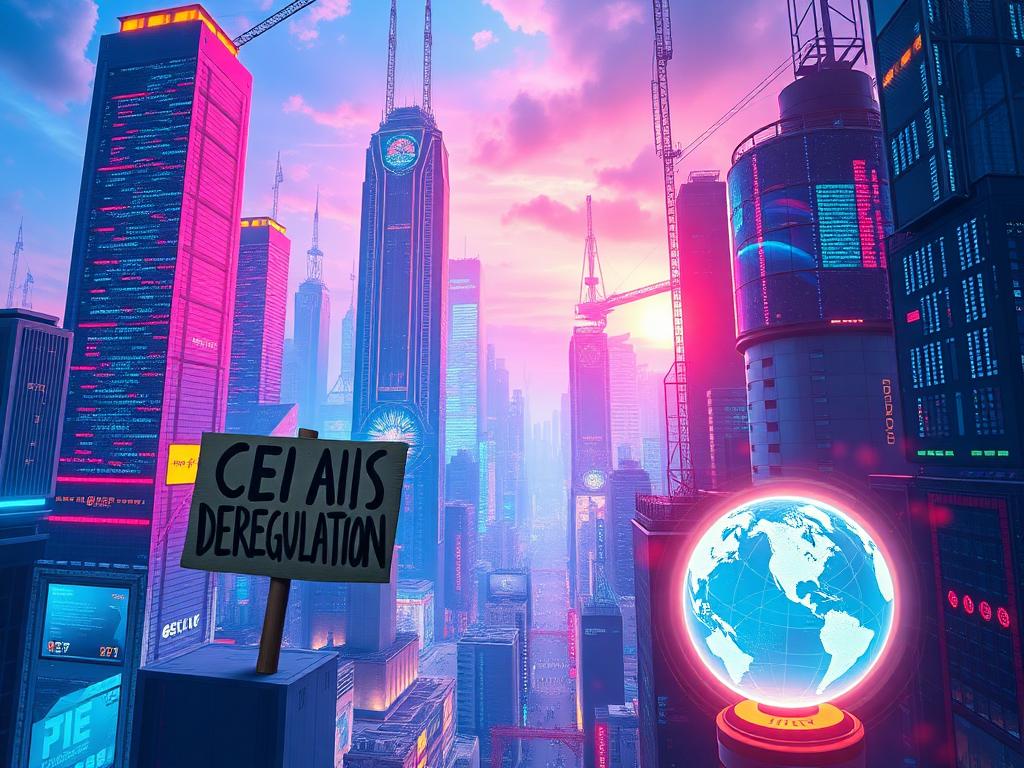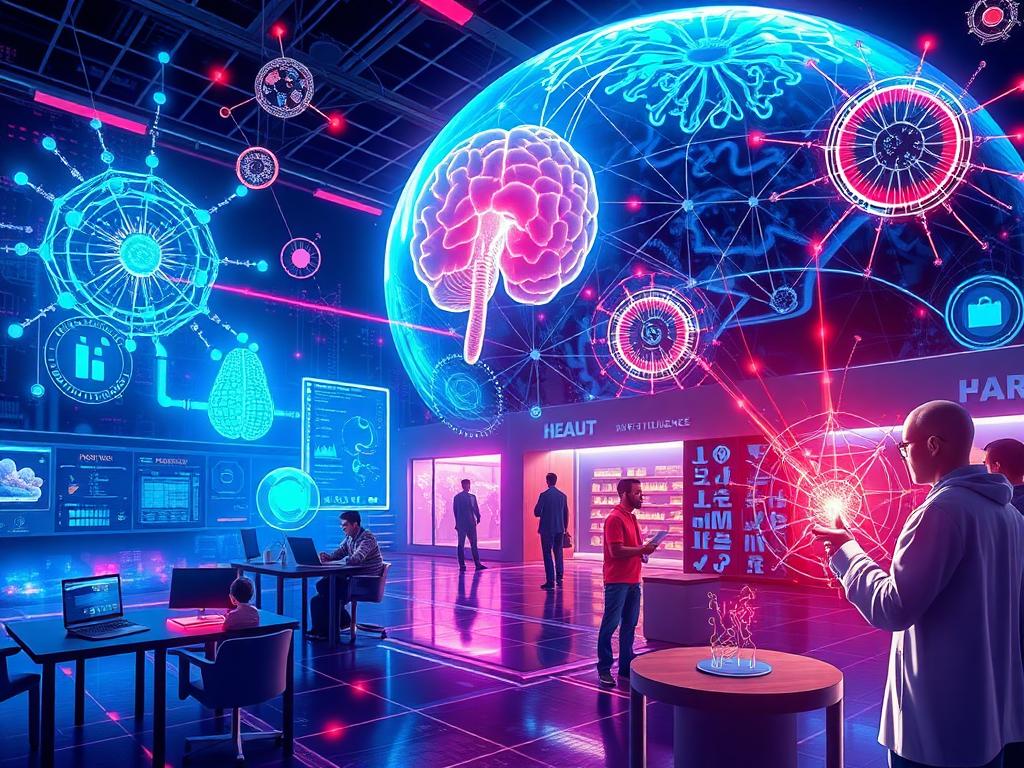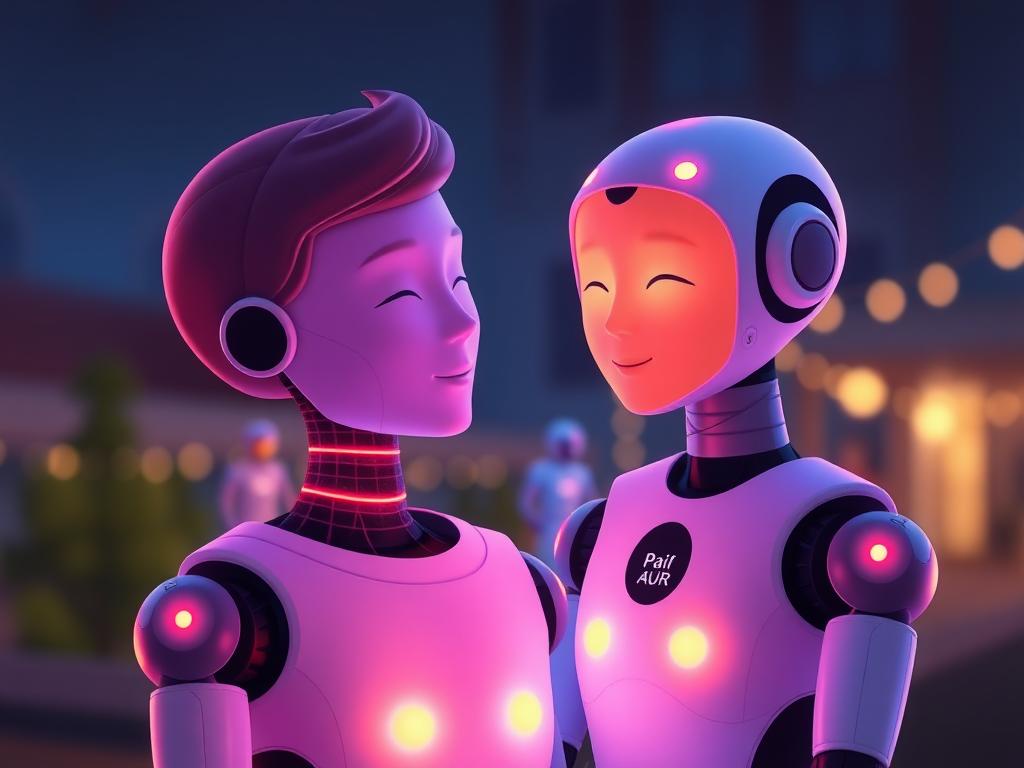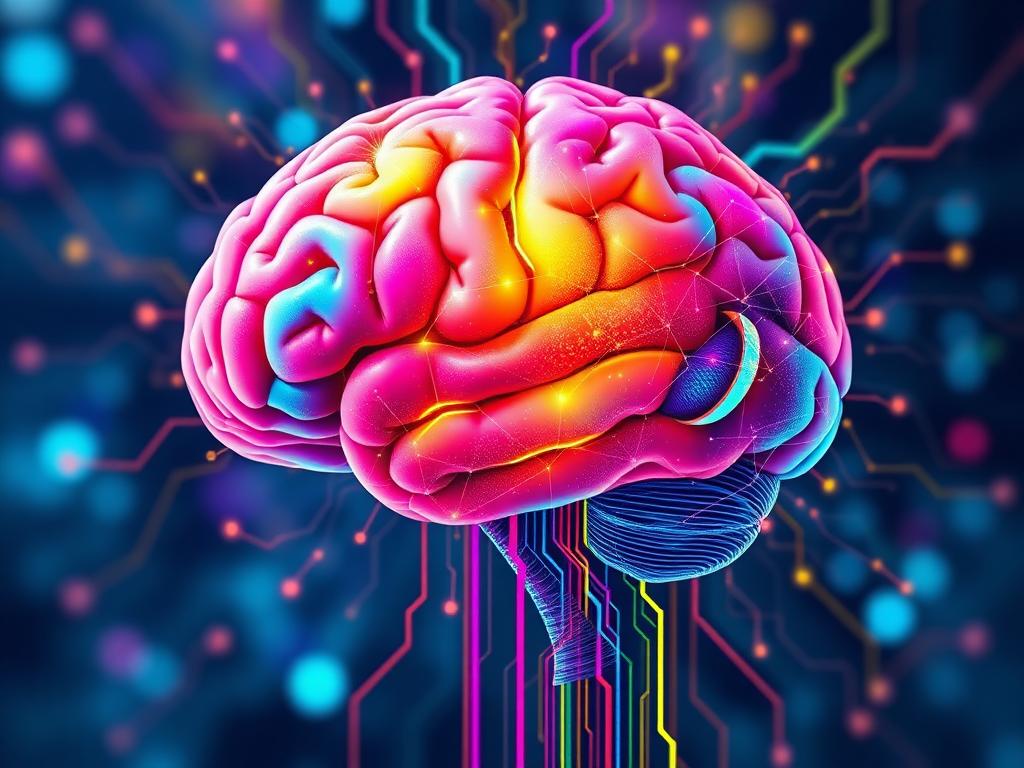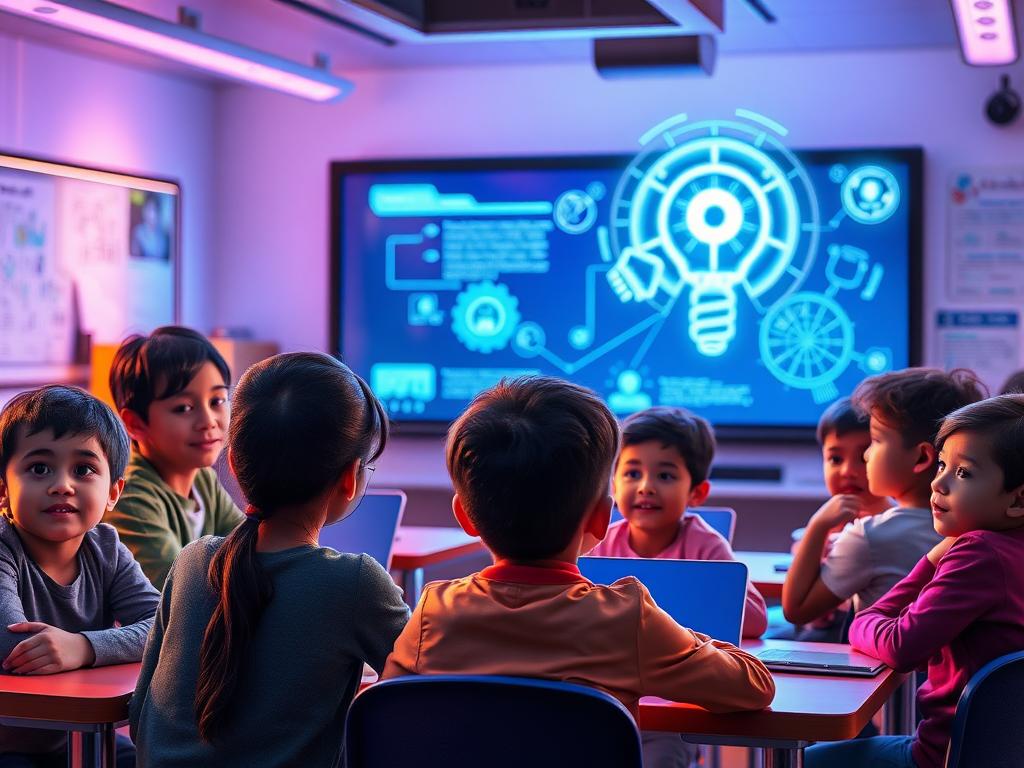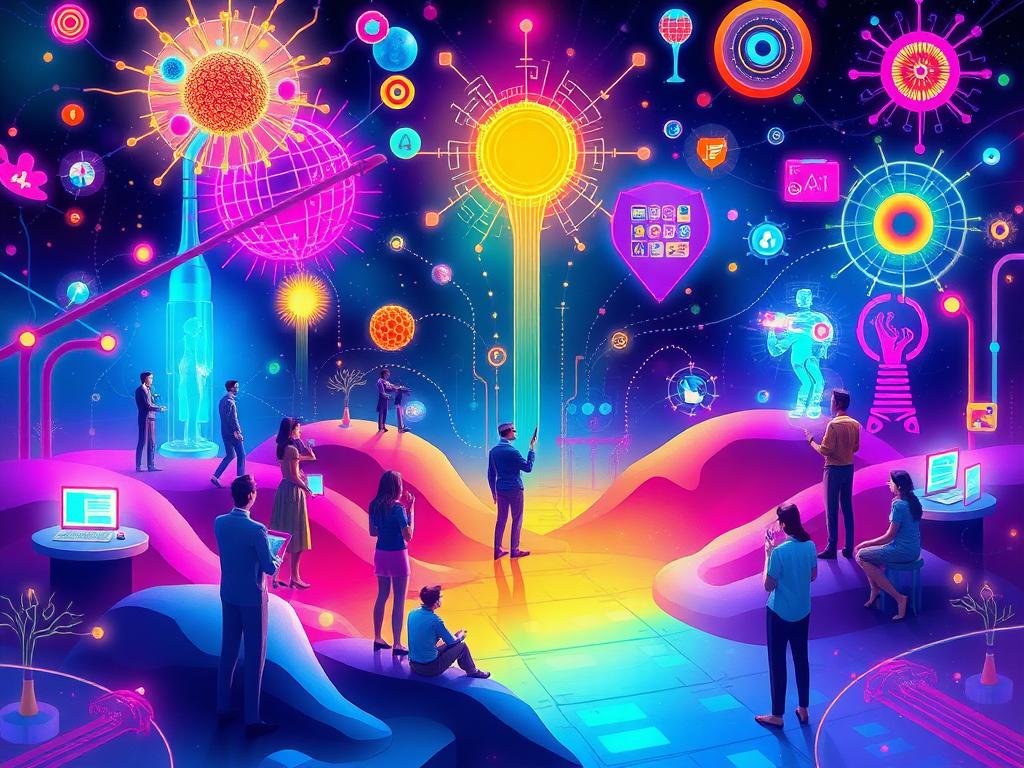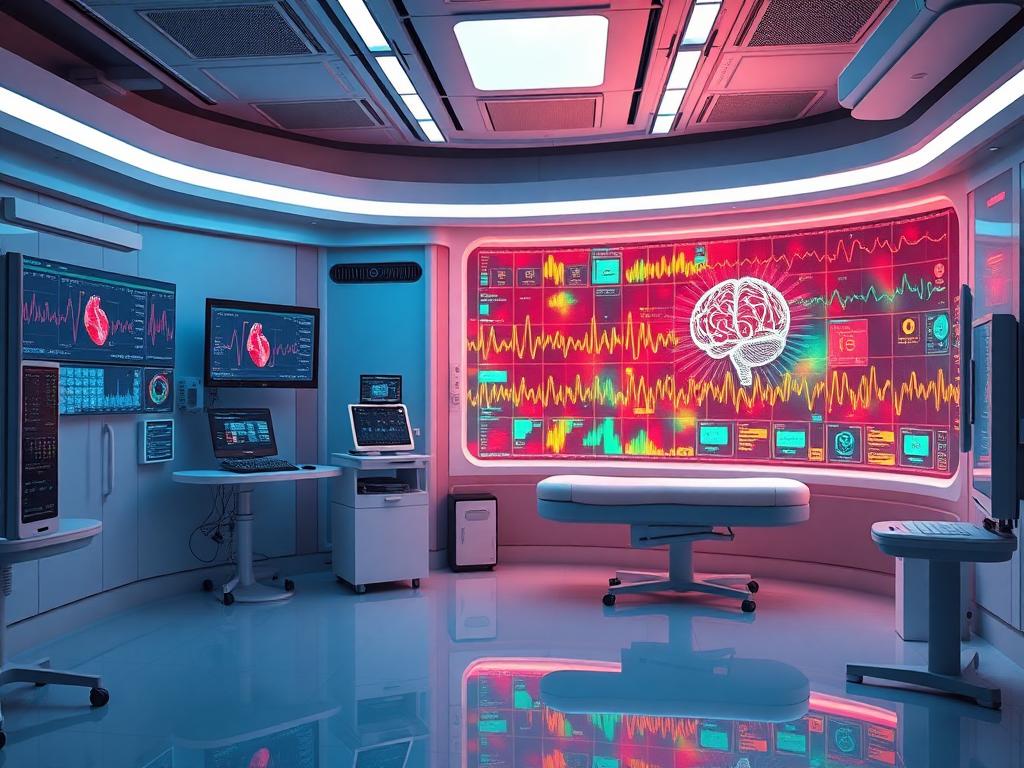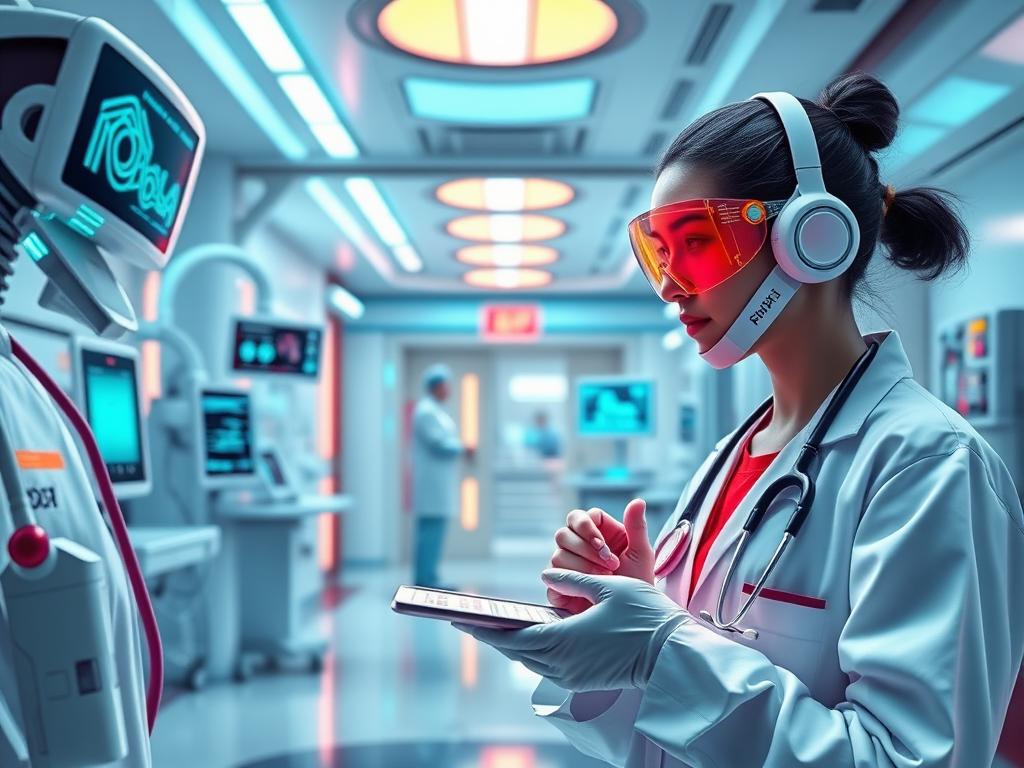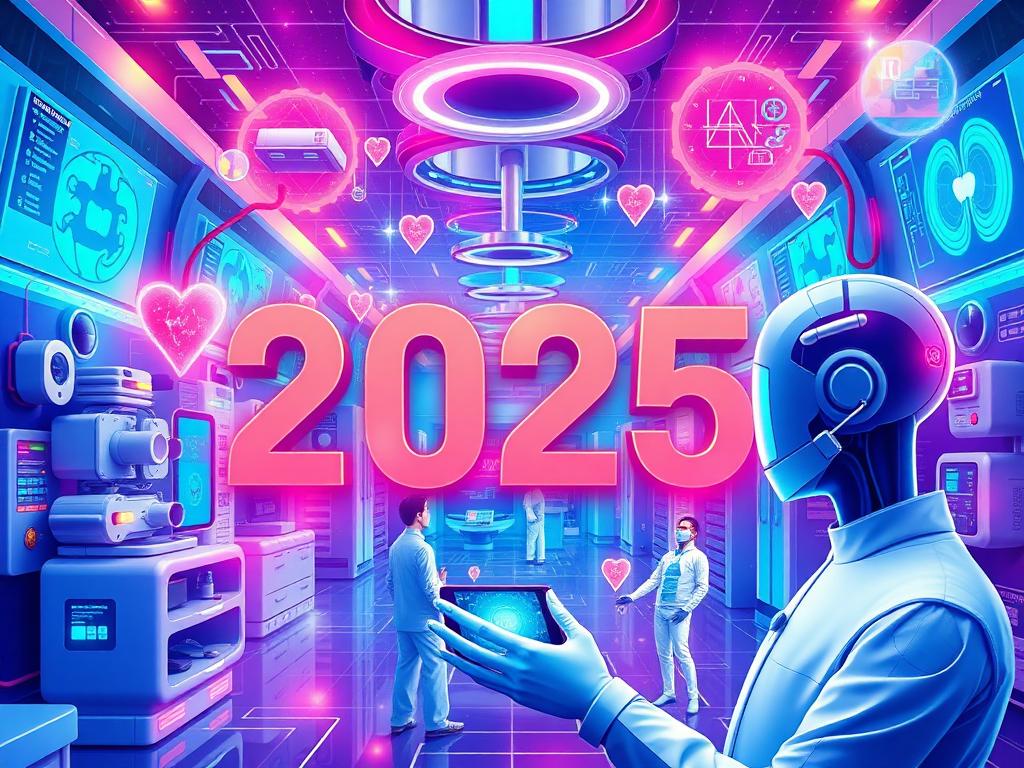
Future of Work with AI and Copilot
Explore how AI and Microsoft’s Copilot are revolutionizing the future of work through purposeful, persistent, and collaborative advancements.
Discovering the Future of Work with AI and Copilot
Remember the first time you encountered the power of modern language models? For many, it was a moment of revelation, a glimpse into the future of work. In late summer 2022, I attended a confidential meeting to witness a demo of OpenAI’s latest model, freshly trained and ready to transform productivity tools like PowerPoint, Word, and Teams. Initially, I was skeptical. Decades of AI research had taught me that expectations often outpace reality. But what I saw that day changed everything.
The Turning Point
In a windowless conference room on Microsoft’s campus, Sam Altman, CEO of OpenAI, and key Microsoft leaders, including CEO Satya Nadella and CTO Kevin Scott, gathered. Greg Brockman, OpenAI’s co-founder, demonstrated the model’s capabilities by summarizing a news article, turning it into a poem, and altering its rhyme scheme. The model not only held context over the conversation but also handled ambiguous instructions with ease. Tasks like crafting a sentence where every word started with “G” about Microsoft—while breaking the rule for the word “Microsoft”—were executed flawlessly. This was unprecedented.
A New Era of Productivity
This meeting marked a pivotal shift. The potential to integrate large-scale generative AI into productivity tools became clear. Microsoft Copilot, now central to 365, was born from this realization. But this breakthrough wasn’t sudden; it was the culmination of decades of technological progress. The web, for example, enabled the scale of data necessary for deep learning, which powers these models. Innovations like unsupervised learning, where models predict masked words in sentences, paved the way for complex reasoning capabilities.
Purposeful, Persistent, Collaborative Work
Work has always been purposeful, persistent, and collaborative. AI amplifies these aspects:
Purposeful: AI allows us to express intent directly, skipping the need to translate it into computer-understandable actions. For complex tasks, AI acts as a thought partner, helping users clarify their intentions and plan effectively.
Persistent: While Microsoft began as a document company, AI is shifting how knowledge is persisted. Conversations and transcripts are becoming the new artifacts of knowledge creation. Copilot Pages, for instance, transform lengthy conversations into persistent, actionable resources.
Collaborative: AI enhances collaboration by breaking down barriers like time zones and group size. It provides real-time feedback during meetings and enables asynchronous collaboration. Imagine sending an AI delegate to a meeting to represent your thoughts—a concept already taking shape.
The Impact of AI on Work
Early Copilot users demonstrated significant changes in work practices. They created 10% more documents and read 11% fewer emails. These shifts indicate not just improved efficiency but the potential for entirely new ways of working. AI isn’t about doing more tasks faster; it’s about fostering meaningful conversations and unlocking new possibilities.
Conclusion
The future of work is not about automation but augmentation. AI, particularly through tools like Microsoft Copilot, is reshaping how we approach purposeful, persistent, and collaborative tasks. By embracing these changes, we can create a future where technology enhances human creativity and connection.






